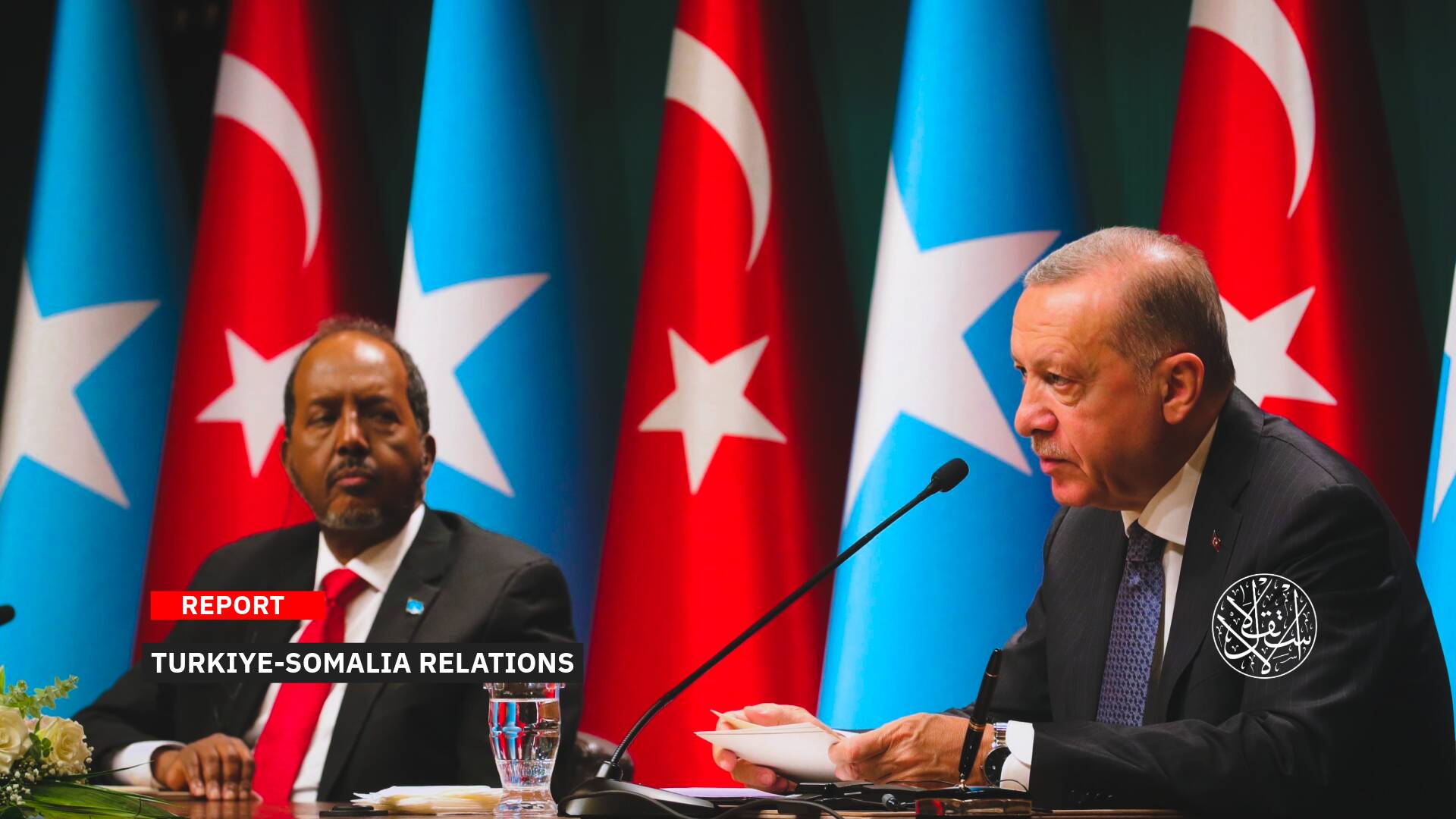Italian Website: This Is How the International Community Once Again Abandoned Yemen

An Italian website described the decision of the UN Human Rights Council on October 8, 2021, to refuse to renew the mandate of Yemen's Group of Leading Experts (Team of International Investigators) as "disturbing."
In 2017, the UN Human Rights Council approved sending "leading experts" to Yemen to investigate possible abuses and violations, more than two years after the Saudi–UAE coalition intervened militarily in the country, claiming support for President Abed Rabbo Mansour Hadi (internationally recognized) against Houthi rebels.
"In addition to monitoring and documenting the human rights situation in Yemen, the team under the mandate documented the facts and grounds for violations and abuses in order to identify those responsible," said the Institute for International Relations Analysis (IARI) website.
It explained that the mission was intended to create an "opportunity" for a new approach in Yemen, an action that the Group of Experts still had to complete, and the experts worked on the importance of UN Member States and all different international mediators recognizing "the importance of implementing a ceasefire against civilians."
All this happened against the backdrop of a "bleak picture" of absurd attempts at diplomatic mediation and timid initiatives for dialogue, to end a civil war that lasted more than six years, the Italian website says.
Repeated Crimes
On October 8, 2021, the Human Rights Council rejected a decision to extend the mandate, which it instead renewed in 2020 (Resolution 45/15), 2019 (42/2) and 2018 (39/16).
"The team has prepared several reports on the tragic situation in the Arab country, one of which was condemned at the beginning of September 2021, for the complete abandonment of the Yemeni people by the international community," the Italian website said.
In the same report, it reiterated the importance of maintaining a strong commitment to ensuring "Yemen's sovereignty, independence, unity and territorial integrity," as well as recognizing that "the promotion, protection and compliance of human rights are key factors in ensuring a just and equitable justice system and, ultimately, reconciliation and stability in the country."
"These objectives, specifically as key factors for an effective justice system, which it has worked to achieve since 2017 under the above-mentioned resolution, will achieve full independence, safety and internal stability in Yemen," the website noted.
For nearly seven years now, the Yemeni people had suffered not only from armed conflict, but also from repeated crimes that had always been unpunished.
For precisely this reason, the Group of Experts reiterated the need for a complete cessation of conflicts for a comprehensive and sustainable peace in the country and the need to adopt measures that could ensure that victims had access to truth, justice and access to compensation.
The Italian website noted that "this cannot be achieved without a strong position by the political authority in conjunction with the universally recognized role of law and human rights."

'Pandemic of Impunity'
The group requested "a halt to the provision of weapons and military support to the warring parties in Yemen, given the significant contribution it entails to maintaining the armed conflict, as well as a possible cause of further human rights violations against civilians," the website said.
It urged the Security Council to include human rights violations in Yemen at the top of its list of priorities, on its agenda to track down and hold accountable the perpetrators of "the most heinous crimes," as well as to leave open the possibility that the Security Council would present the situation of the Yemeni people to the International Criminal Court and expand the list of those subject to sanctions.
The internal issue in Yemen identified by the Group of Experts in the title of one of its reports as "the pandemic of impunity in a tortured land" can also be treated differently.
The website pointed out that a more realistic position by the Council, through the participation of the International Criminal Court, would have led to a different assessment of the crimes committed in Yemen.
"The latter should have been investigated as international crimes by appropriate and sufficient means to put an end to the ongoing violations committed so far," it said.
The Institute for Analysis of International Relations described the decision not to renew the panel as a "missed opportunity" for international justice to take place in Yemen, noting the importance that the issue would have been if it had been brought before an international tribunal.
It explained that, by forming an ad hoc investigative body on international crimes similar to those set up for Syria and Myanmar, the International Tribunal could have supported future judicial proceedings at the national and international levels.
This would also have encouraged the three States to use all possible current forms of jurisdiction, including, for example, universal jurisdiction.
"Moreover, in these particular cases, international humanitarian and human rights law must be seen as complementary, cooperative and necessary, to strengthen and reaffirm the efforts that must be repeatedly made to ensure an end to abuses and violations as well as full respect for those rights in armed conflicts."








